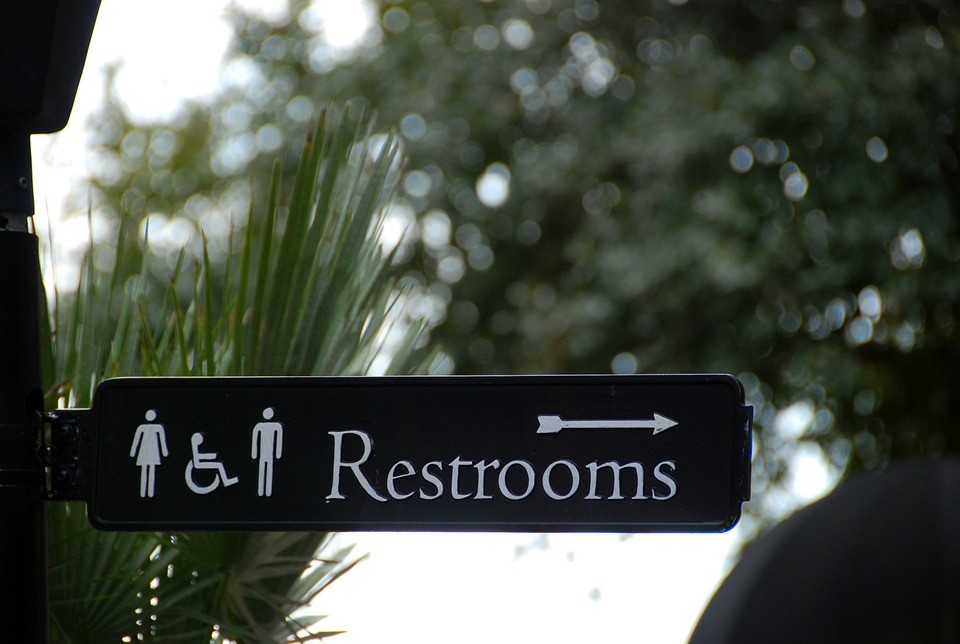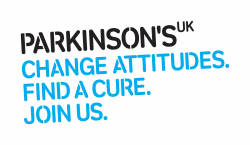14 million people in the UK are thought to suffer from problems controlling their bladder.
A small number suffer from bowel incontinence too.
Although we have commonly associated incontinence with women and those in the older age group, it is a hidden and embarrassing problem for many.
Men can also suffer from incontinence and like female sufferers, tend to do in silence and without seeking help.
Even with specially-designed incontinence pads for men, many men continue to hide what they see as an embarrassing ailment. They may even assume that being incontinence is part and parcel of growing old.
Men are also uninformed or misinformed about incontinence too which is why these ten tips of dealing with male incontinence could make a difference;
1. It’s more than a few drips
There are all kinds of sayings about small drips when you have finished urinating but being incontinent is about more than a few drops of urine on your underpants or trunks when you have urinated.
If you feel uncomfortable, can see the wetness through your clothes or have irritated skin, this is incontinence and could be a sign of something more serious.
2. It is more common than you think
Men traditionally find it hard to seek medical help for issues and thus, it can be easy to feel you are the only one suffering from incontinence.
Incontinence can be a sign of an enlarged prostate gland which is treatable – as is incontinence.
3. Keep an eye on your weight
If your weight has been sneaking up, this too could explain incontinence. As we age, our muscles do weaken thus with inactivity and extra pressure from carrying more weight, it is perfectly possible that this could be a cause or contributing to your incontinence.
Taking a look at your lifestyle, stopping smoking and becoming more active all help to stem the problems of incontinence.
4. The prostate gland is the biggest culprit
It is not uncommon for men to experience problems with their prostate gland as they age. An enlarged gland can block the urethra, causing overflow incontinence or difficulty urinating.
Some men have the gland removed due to cancer and this surgery can lead to a damaged or weakened pelvic floor muscles and nerves. This is why many specialists prefer to ‘careful watching’ of the prostate gland to put off surgery until it is absolutely necessary.
5. Parkinson’s disease and strokes can play a role too
Incontinence problems in men can also be linked to nerve damage, stroke or conditions such as Parkinson’s disease.
In addition, studies have shown that men are more likely to be involved in high-impact accidents, such as motorbike accidents, active combat and so on. Spinal injuries in such cases can also trigger incontinence.
6. Specific incontinence products for men are helpful
Manufacturers of incontinence products for adults now produce a range of pads and pants specifically to fit the male anatomy. There is a growing range of product option, from light absorbency pads to higher absorbency pants, all of which make managing incontinence easier.
7. Surgery could be an option
Men who suffer from severe stress incontinence can be considered for surgical intervention, if other aids, treatments and options have failed.
Implanting an artificial sphincter, usually made from rubber, can help to control the flow of urine. Urge incontinence can be treated with nerve stimulation devices, similar to a pace maker but as with all interventions, consulting with a specialist is essential.
8. Medication is an option too
There are also increasing options when it comes to medication too for incontinence. Some drugs are used to treat the underlying cause, such as shrinking an enlarged prostate. Anti-spasmodic medications can also be helpful, as well as certain types of anti-depressants.
9. Fluid intake matters
Limiting alcohol and fruit juices can have an impact on your bladder and at the same time, increasing your intake of water. It is important to spread drinking water over the day as this can help managing incontinence easier, especially if you schedule toilet breaks.
10. Men can have specific issues around incontinence
No one likes to be incontinent. It is embarrassing, can make you uncomfortable both emotionally and physically, as well as being a source of worry and concern. There is also the need to control the smell of urine, which can be unpleasant but something that incontinence products can help with.
It can have a severe impact on your life and your confidence. Men can find it more difficult than women to seek help but there are treatment options, as there is also support available from your doctor and from online groups and agencies too. Seek help!
HARTMANN Direct supply a range of incontinence products specifically for man. Their products are discreet, offering protection without being bulky under clothing. Dealing with incontinence is about finding out why it is happening, as well as managing the symptoms.




